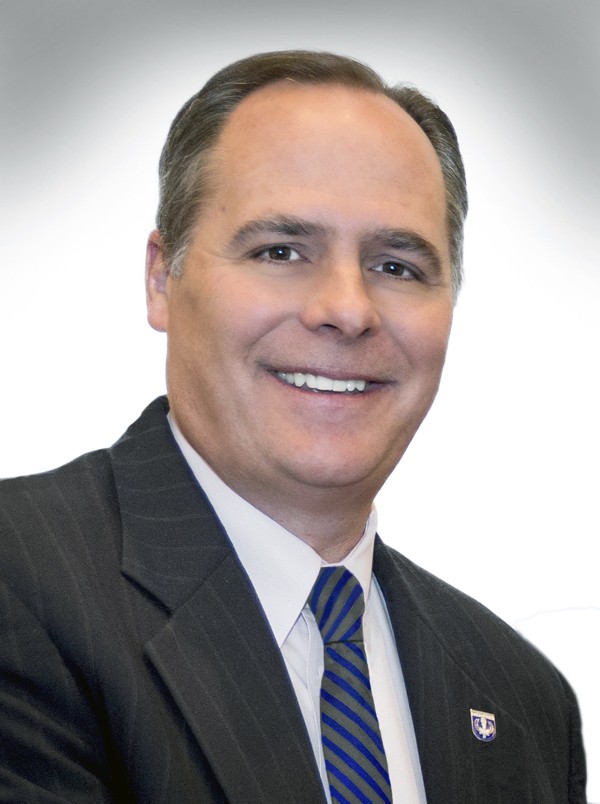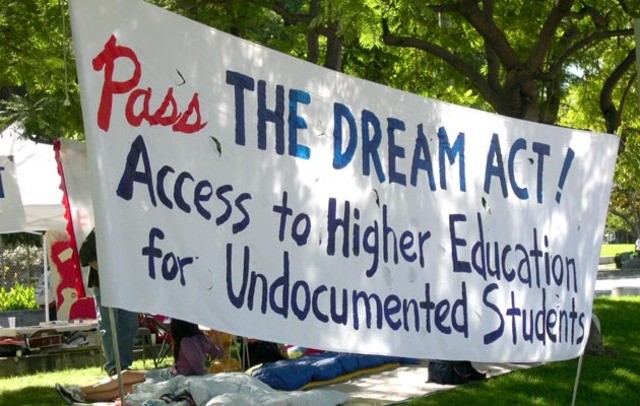The University of Memphis is under the tutelage of a new leader: Dr. M. David Rudd. More than a year after he became the university’s provost, Rudd was selected by the Tennessee Board of Regents to become its 12th president.
Rudd’s administrative and teaching experience spans nearly 30 years. Over that time, he held positions at the University of Utah, Texas Tech, and Baylor University.

David Rudd
Rudd spoke with the Flyer about the pressure of taking on the position, his plan for increasing student enrollment, and how he will fix the university’s operating budget. — Louis Goggans
Flyer: Dr. Shirley Raines led the university for more than a decade. Do you feel any pressure taking on the position after her?
Rudd: I think those are some huge shoes to fill. Dr. Raines did a wonderful job at the university. She led with great success and moved the university forward in very significant ways. We’re looking at a new chapter in the history of the university, and I’m excited and eager to be a part of that process.
What are some of your plans as president?
We’ve got the issue of access and affordability that really is at the heart of the mission of the university. We’ve made some great strides both in terms of addressing access and affordability and, in parallel fashion, issues of retention and degree completion.
In addition to the idea of excellence in the classroom and helping address the financial aid of our students, we’re going to focus on enhancing, expanding, and improving the research mission of the university.
How challenging do you anticipate it will be to transition from being the university’s provost to its president?
I think serving as president of a university is a significant challenge. [But] having the opportunity to work as provost has provided me a nice foundation on which to build. It’s really provided me an excellent depth of understanding of the [university’s] inner workings from almost every perspective. And it certainly gives me a nice head start. I’m confident in our future and the direction that we’re headed.
U of M student enrollment has declined over the past couple of years. How do you plan to increase the student population?
We actually have put a number of things in place. Our efforts to flatten tuition and look at decreasing out-of-state tuition are a definitive response to that challenge. We think it’s going to lead to significant growth for the university. But also, we have tried to provide some additional supportive resources geared toward students’ success. There are a lot of challenges, particularly for first-generation students, in terms of moving into a demanding college environment where they have to juggle a lot of different things. We’ve put some support programs in place to help ease that transition and hopefully improve overall success.
A $20 million gap in the university’s budget led to more than 20 administrative staff lay-offs this April. How will you keep the budget on track moving forward?
We’ve made some significant changes this year that we think will lead to some long-term stability in the budget. When we looked at areas where we needed some budget reductions, we didn’t do that informally. And we were able to bolster some areas where we have high student demand and high student need. We hope that it’s positioned us well for down the road.
